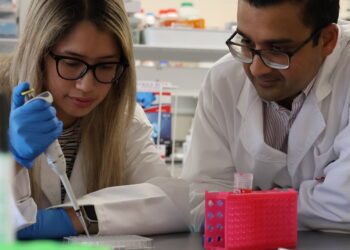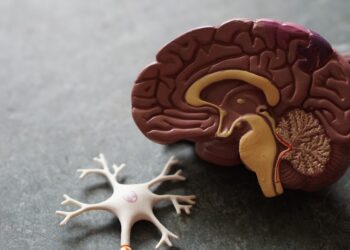 Rescu. spoke to Monique Bolland, owner of Alkaline Spa and Clinic, about the causes of stress and fatigue and how to combat them and stay stress-free.
Rescu. spoke to Monique Bolland, owner of Alkaline Spa and Clinic, about the causes of stress and fatigue and how to combat them and stay stress-free.People often think of stress as a purely mental response, but it can be caused by anything and everything – mental, physical or emotional. It’s something we deal with every day in one form or another, and in small doses it’s healthy and makes us stronger. Chronic and unaddressed stress however, no matter what the cause, will have detrimental physical effects on our bodies and unfortunately modern life has exposed us to so much stress we often fail to recognise the symptoms.
RESCU: What are the physical effects of stress and exhaustion on our bodies?
Monique Bolland: Our bodies are continually striving to stay in perfect pH balance. We need to be ever so slightly alkaline to survive. Stress produces an excess of acid in the body, which can slow us down and speeds up the aging process. (Have a look at our website www.alkaline.com.au for more information on the effects of pH balance on your health).
On top of this, factors such as poor nutrition, inactivity, lack of sleep and inflammation; combine with environmental stress and toxicity and actually affect our bodies’ chemical processes such as nerve transmission and hormone production. In times of stress women may experience menstrual disruption or mood swings, we experience breakouts in our skin, our appetites are suppressed and digestive function compromised, and weight around the mid-section becomes almost impossible to lose.
More seriously, stress unchecked can lead to high blood pressure, heart disease, inhibited immunity, and stomach ulcers.
RESCU: What are the effects of stress and exhaustion on our mental state of mind?
Monique Bolland: A little bit of stress is actually a good thing. It increases cognitive function and research suggests that keeping our brains active while we’re younger may help to ward off dementia as we age. Too much stress often leaves us unable to concentrate or think clearly. You may find your memory is cloudy and your ability to multi-task efficiently goes out the window.
RESCU: What treatments can I engage in for the nervous system?
Monique Bolland: The most obvious choice is massage – Swedish or Relaxation massage stimulates the parasympathetic nervous system, which balances out our ‘fight or flight’ response to stress (activated by the sympathetic nervous system).
The parasympathetic nervous system controls our ‘rest and digest’ function, so it’s not surprising that during times of stress digestive issues like constipation and bloating are common. During massage your heart rate and breathing slow down and peristaltic action in the bowel increases as digestive function is stimulated.
RESCU:What else can I do to combat stress and exhaustion without turning my life upside down?
Monique Bolland: Anything you can do to alkalize your body (such as drinking alkaline water, eating fresh vegetables, or taking greens supplements like liquid chlorophyll) will help to combat some of the physical effects of stress-induced over acidity on your body.
Mentally, meditation has been shown time and time again to decrease your emotional response to stress. Even 10 minutes a day can help. If unaided patience isn’t your thing, there are several iPhone apps available for guided meditation, try a few and see what works best for you.
Monique Bolland is the owner and founder of Alkaline Spa & Clinic, an integrated day spa and wellness clinic offering the most innovative treatments specialising in detox and wellbeing.
To find out more about Alkaline Spa & Clinic visit www.alkaline.com.au



















